Basically agreeing with the provisions of the draft Law on Urban and Rural Planning, delegate Tran Dinh Gia also agreed with the construction of the draft law with the viewpoint of institutionalizing the orientation of the Party and State on perfecting planning policies and laws; harmoniously combining urban development with new rural construction; improving the quality of planning, meeting the requirements of sustainable development in the Party's Resolutions; ensuring constitutionality, legality, conformity with reality and requirements of development and integration.
Citing the provisions in Clause 11, Article 8 of the draft law: “When planning new development areas, it is necessary to ensure the principles of rational and economical land use, closely linking the new development areas with the existing areas; ensuring the synchronization and completion of the system of social infrastructure works, technical infrastructure and services of urban and rural areas; protecting natural resources and preserving and promoting the identity and characteristics of the areas”... delegate Tran Dinh Gia said: The provision of “ensuring synchronization” in planning is not clear, so it is necessary to have specific regulations to ensure convenience and consistency in the application process.
Regarding Clause 2, Article 10, which stipulates the funding sources for urban and rural planning activities, including regular spending from the state budget, the delegate emphasized: to facilitate the application process, it is necessary to clearly define each spending task using funds from public investment and regular spending; at the same time, review and regulate the funding sources for implementing planning tasks to ensure consistency with the provisions of Article 9 of the 2017 Law on Planning.
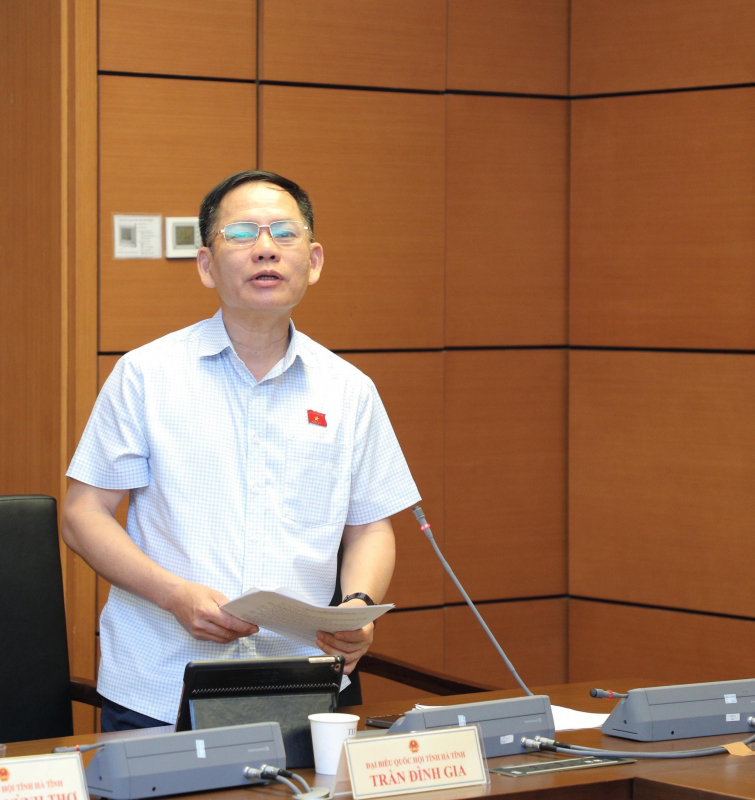
According to delegate Tran Dinh Gia, assigning commune-level planning to many different agencies and organizations will lead to unsynchronized planning and easy overlap. Therefore, in Clause 5, Article 16, the phrase "can choose a competent unit to organize implementation" should be removed and changed to: "The People's Committee at the commune level organizes the preparation of tasks and general planning of the commune, detailed planning of rural residential areas and construction areas in the commune, town, and area for auction or bidding to select investors, under its management, except for the cases specified in Clauses 4, 6 and 7 of this Article. In cases where the People's Committees of communes do not have sufficient capacity to implement, the People's Committees at the district level shall assign specialized agencies and units under the People's Committees at the district level to organize implementation".
Concerned about the subjects, content, form and time of collecting opinions, the delegate pointed out the reality: Currently, there are some plans that have received full consensus from the community in a short time but have to wait for enough time to implement the next steps... Therefore, to speed up the progress of planning and implementing investment projects, at point e, clause 2, Article 37, it is proposed to replace the phrase "at least" with the phrase "maximum", as: "The maximum time to collect opinions on planning tasks is 10 days for agencies, organizations and individuals. The maximum time to collect opinions on planning is 15 days for agencies, 30 days for organizations and communities".
Also according to delegate Tran Dinh Gia, at point d, clause 2, Article 23 and clause 3, Article 33 only stipulate the cancellation of planning in cases when the term has expired. However, in reality, there are cases where planning is not in accordance with the provisions of the law or due to adjustments of higher planning, it is not suitable... Therefore, it is proposed to add provisions regulating cases of cancellation or revocation of planning. At the same time, at clause 1, Article 43, the delegate also proposed to clearly stipulate the agency implementing the cancellation of planning.
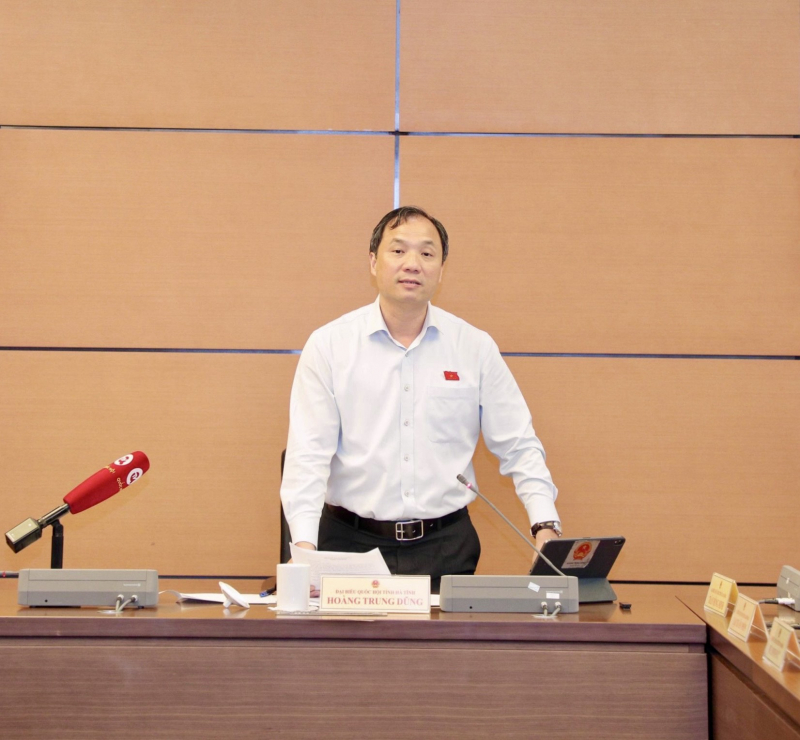
Delegate Tran Dinh Gia also proposed to supplement regulations on master plan (abbreviated detailed plan) and cases where master plan is allowed to be established to shorten the time and facilitate procedures in the process of establishing, appraising and approving small-scale plans.
Agreeing with the above opinion, Head of the National Assembly Delegation of Ha Tinh Province Hoang Trung Dung also said: in addition to doing a good job of planning, it is necessary to protect the planning; especially with rural planning, it is necessary to pay attention to preserving the traditional beauty of Vietnamese villages. "Currently, the symbols of banyan trees, wells, communal houses, green bamboo fences... are gradually disappearing, because some localities implementing the new rural construction program only focus on building infrastructure and not on cultural beauty", the delegate stated.
Giving comments to complete the draft law, National Assembly Deputy Hoang Trung Dung said: Regarding the time for collecting planning opinions, there should be flexible regulations; each locality should base on reality, collect opinions from the community to promote democracy (it is not necessary to stipulate 30 days)...
Source: https://daibieunhandan.vn/y-kien-dai-bieu/thoi-gian-lay-y-kien-quy-hoach-nen-linh-hoat-i376432/


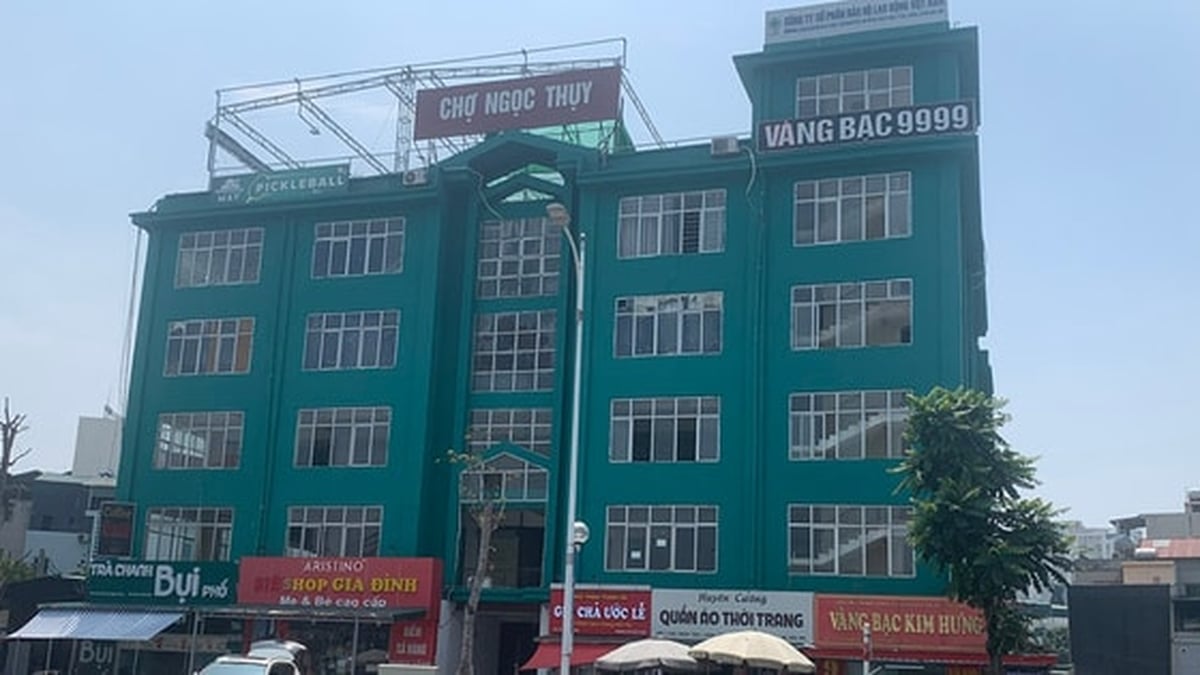


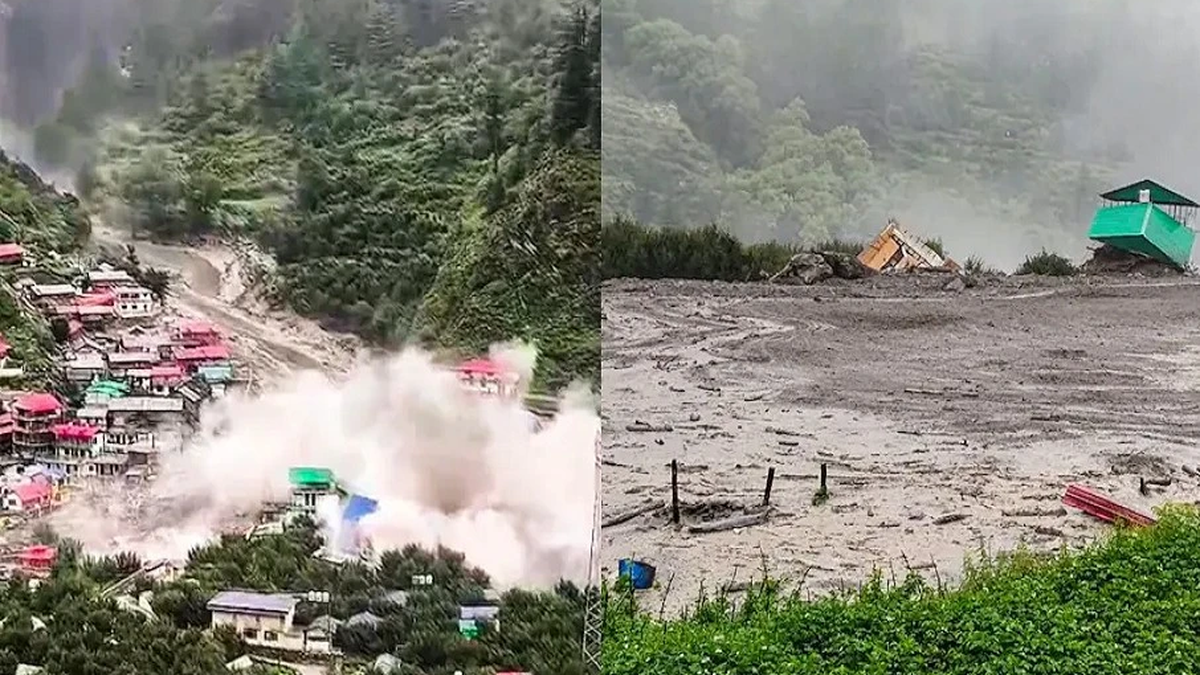
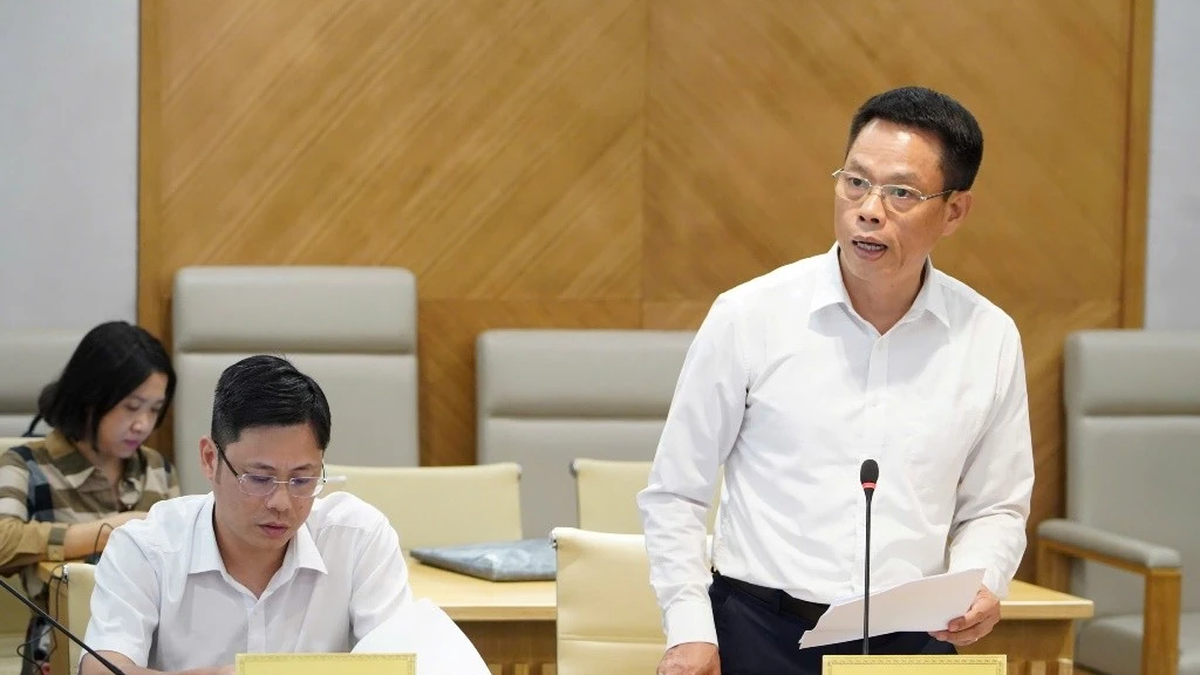


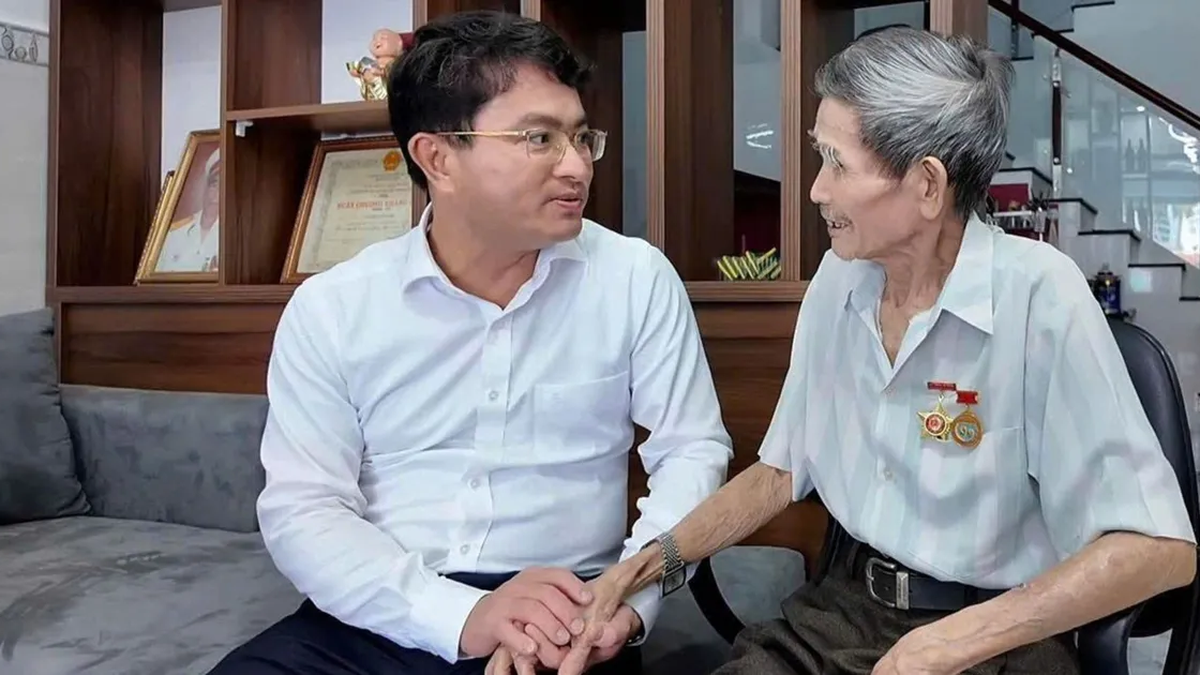
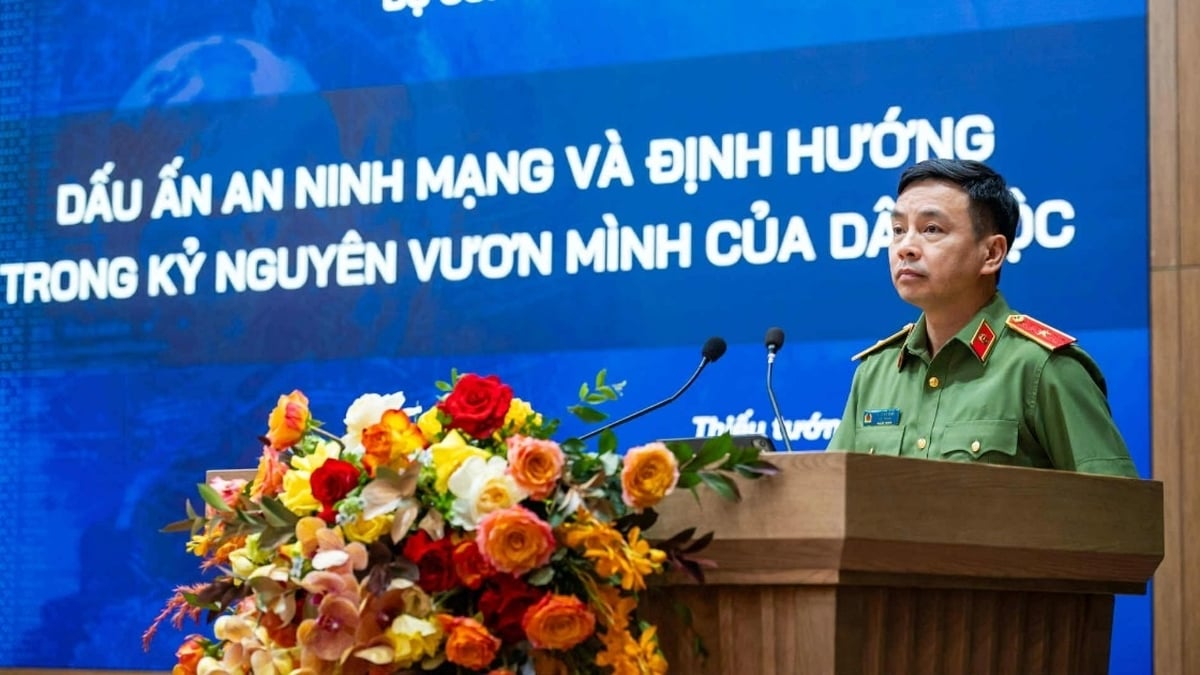


















![[Photo] Nghe An: Provincial Road 543D seriously eroded due to floods](https://vphoto.vietnam.vn/thumb/1200x675/vietnam/resource/IMAGE/2025/8/5/5759d3837c26428799f6d929fa274493)


























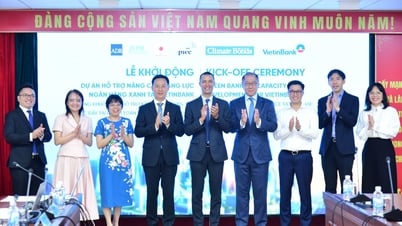








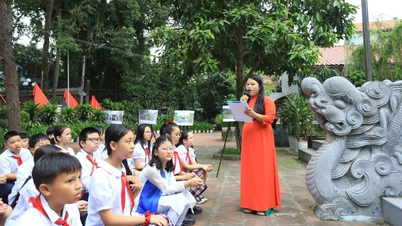


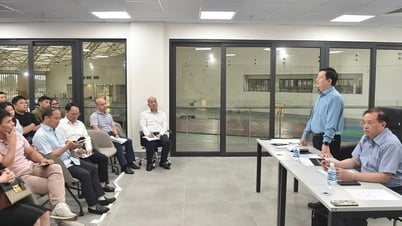



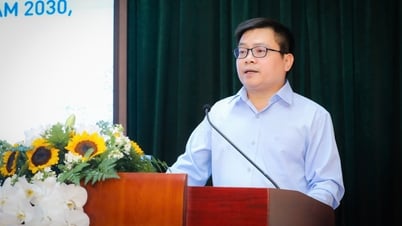























Comment (0)